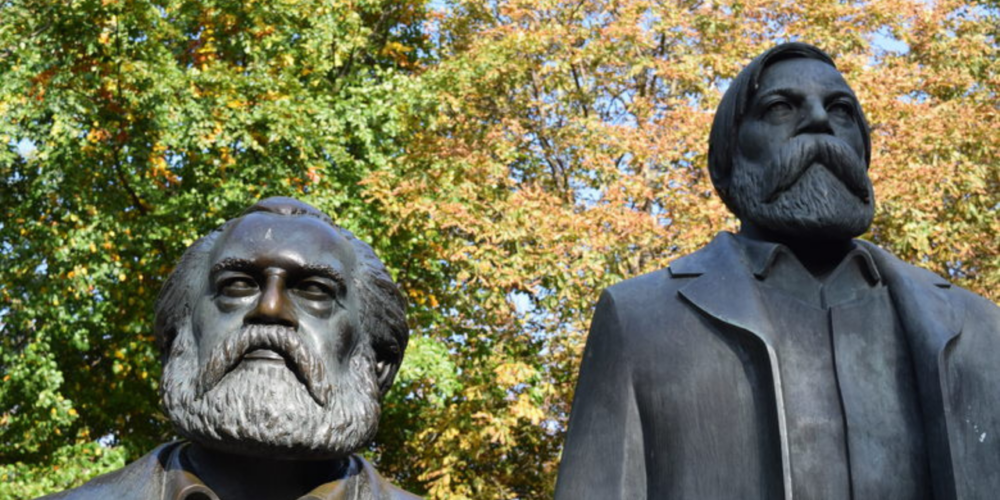Words carry meaning, they carry history and they are influenced by history as well. The meaning of the word “dictatorship” has evolved since Marx used it. Dictatorship acquired a terrible meaning after Hitler’s Nazism and Mussolini’s fascism.
Every past society is a dictatorship of some class or the other. The present capitalist society is the dictatorship of the capitalist class, which is camouflaged in euphemisms like “democracy” and “freedom”. An argument that bourgeois intellectuals make against scientific socialism is that Marx and Engels emphasized the dictatorship of the proletariat: a term that has been frowned upon even by some in the working class. The bourgeois ideology is successful in making workers believe it to be something similar to the horrors of the reigns of Hitler and Mussolini. Lenin famously said: “Freedom in a capitalist society always remains about the same as it was in the ancient Greek republics: freedom for the slave-owners”. Hence freedom and democracy in a capitalist society is freedom for capital. It is a dictatorship of the one per cent.
Capitalism gives freedom to change governments but won’t give democracy where it really matters – the workplace – to challenge the dictatorship of the capitalists. The workplace is where the subjugation of labour by capital begins. Dead labour (capital accumulated through exploitation of workers that takes the form of machinery and modern technology) exploits living labor (labour involved in value addition).
In the labour market the worker has the freedom to choose their employer and can negotiate their wage but this freedom too is limited because they have to work to survive. This limited freedom melts into thin air inside the workplace where the worker is a wage slave who has to produce surplus value in addition to commodities. Inside the workplace, the worker has no control over what to produce, how to produce and how to deal with surplus value created.
The dictatorship of the capitalist denies the worker the democracy where it matters the most. Under the dictatorship of the capitalist the surplus (created by the worker) accumulated turns into capital, and further enslaves the worker. This is where the dictatorship of the proletariat, through common ownership of the means of production, can achieve real democracy.
Dictatorship, in fact, means who controls the surplus and who owns the means of production.
Socialism and the idea of dictatorship of the proletariat is not based on hatred for a particular class, as interpreted by philosophers like Bertrand Russell; it is against the injustice of un-democratic control of a class over another class that creates wealth. The wealth-creating working class has to live with the injustice from the undemocratic decisions made by the capitalist class, viz. unemployment, lay-offs, lock outs and destruction of nature. Is it democratic? It’s the dictatorship of the capitalist class.
History tells is that the dictatorship of the capitalists is always ready to throw away “democracy” and has a door open for fascism to prevent the real democracy of workers, because when people have real freedom, they tend to build socialism.
Marx and Engels argued for democracy for the majority rather than bourgeois “democracy” which gives superficial power to elect a government to maintain the hegemony of capitalists. So the stigma of the term “dictatorship of the proletariat” should be overcome by a proper understanding of the term. The result of the dictatorship of the capitalists means environmental degradation: this can only be averted when it is overthrown by the dictatorship of the proletariat in which social labor is allocated for producing necessities rather than luxuries and fueling wars.
Rosa Luxembourg captured it perfectly when she said: “[T]here is no democracy without socialism and no socialism without democracy “.






